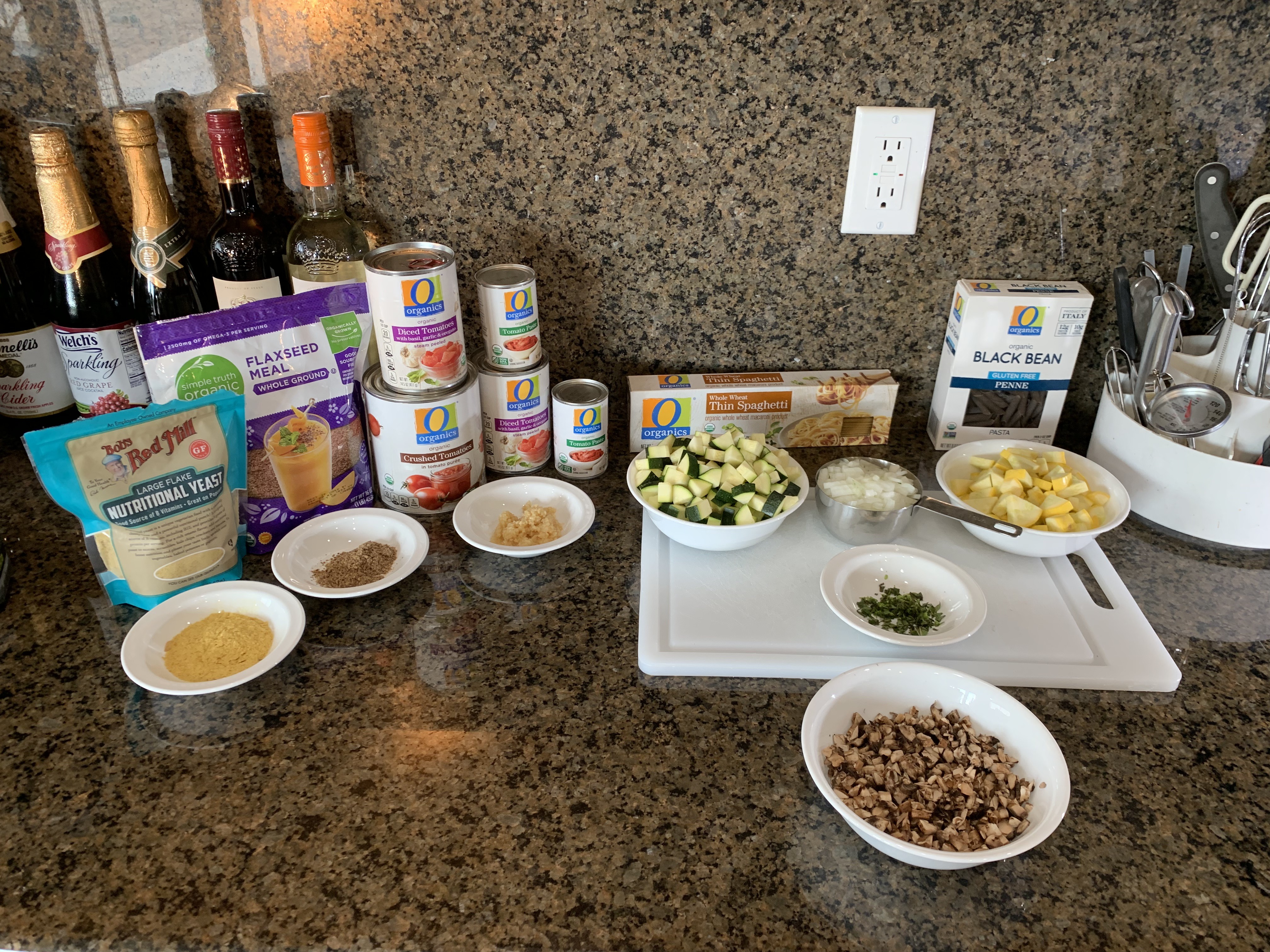Healthy Building Blocks
Nutrition
It's been said that we are what we eat. Focusing on healthy choices concerning food and drink helps us stay strong, fight disease, and helps our bodies perform as designed. The onset of more than half of all chronic diseases can be delayed or even prevented by a healthy diet. Healthy choices about what we consume can give us better control over blood sugar levels, help us manage weight, reduce pain and inflammation, improve mood, and promote better sleep.
Additionally, avoiding stress can help you maintain a healthy diet. Psychological stress can impact your appetite, specifically increasing your desire for high-fat foods (Baban & Morton, 2022).
Many chronic conditions such as Type 2 diabetes, cardiovascular disease, obesity, fatty liver, arthritis, digestive disorders, depression, and other related conditions can be positively influenced by a healthy diet comprised of healthy fats such as nuts and extra virgin olive oil, plenty of fresh fruits and vegetables, whole grains, and using herbs and spices to increase flavor rather than salt (Bulzoni, 2019; Kargen et al., 2019).
Change is sometimes difficult. Cost and access barriers sometimes associated with changing to a healthy diet can be overcome with planning. Those on a modest budget can still prepare meals using whole food, plant-based foods when they learn “how to cook, meal plan, and have access to a kitchen (Hauser, et al., 2022). Gaining access to foods and ingredients may require using local, state, and federal program resources, such as the Supplemental Nutrition Assistance Program, to help locate markets and suppliers (Hauser et al., 2022).
Identifying the motivation may be as important as attempting the change. Incremental shifts are easier to sustain long enough to become new, healthier habits that replace old habits. Check out this recipe for plant-based parmesan for an additional example of a small change making a significant impact on the quality of our nutrition. Also, here is a real-life example of small changes that added up to significant improvements to our Family Spaghetti recipe over the last fifteen years as I learned more about the Mediterranean and anti-inflammatory diets. See a detailed comparison between 2008 and 2023 versions and then watch the 2023 recipe preparation here.
Cooking organically limits the risk of ingesting toxins harmful to the human body and potentially causing negative interactions with or mitigating the effectiveness of medications, while potentially exacerbating one or more chronic conditions or inflammation responses within the body. For additional information on selecting healthy foods and avoiding others, check out the resources posted by the Environmental Working Group from the testing of common fruits and vegetables, including the Dirty Dozen and the Clean Fifteen.
Choosing a diet emphasizing whole food, plant-based choices while avoiding highly-processed and calorie-dense foods can lead to a reduced risk of developing many chronic diseases (Hauser et al., 2022). The effectiveness of strict adherence to such diets cannot be overstated. Following an anti-inflammatory diet can significantly reduce cancer, cardiovascular disease, and all-cause mortality with increased likelihood of survival, even among smokers (former and current) (Kaluza et al., 2018). Unhealthy inflammation is also linked to asthma, COPD, chronic pain, depression, IBS, type 2 diabetes, obesity, and heart disease (Rindfleisch, 2020). Some foods and ingredients known to reduce pain from inflammation include ginger (better known for combating nausea), blueberries, pumpkin seeds, salmon, turmeric, tart cherries, extra virgin olive oil, chili peppers, and mint (Rindfleisch, 2020).
Epidemiologic evidence indicates favorable effects from higher consumption of fruits and vegetables, fish, whole grains, and moderate daily alcohol consumption (Willett, 2006). Up to “80% of coronary heart disease, 70% of stroke, and 90% of type 2 diabetes can be avoided by healthy food choices that are consistent with the traditional Mediterranean diet” along with regular exercise and activity, while not smoking (Willett, 2006). The DASH Eating Plan focusing on fruits, vegetables, and whole grains while limiting red meats and sweets, supports the treatment and prevention of hypertension (Houser et al., 2022).
You can review these sites for more information on the Mediterranean Diet, the Anti-inflammatory Diet, and the DASH Eating Plan. Hundreds of resources are available on the Internet about these and other diet recommendations, but these are very good starting points as you (hopefully) continue learning about nutrition and the importance of Healthy Choices.
Note: All content provided on this page is for informational purposes only and should not be used as a substitute for advice from your health care provider.